SWS turns 40
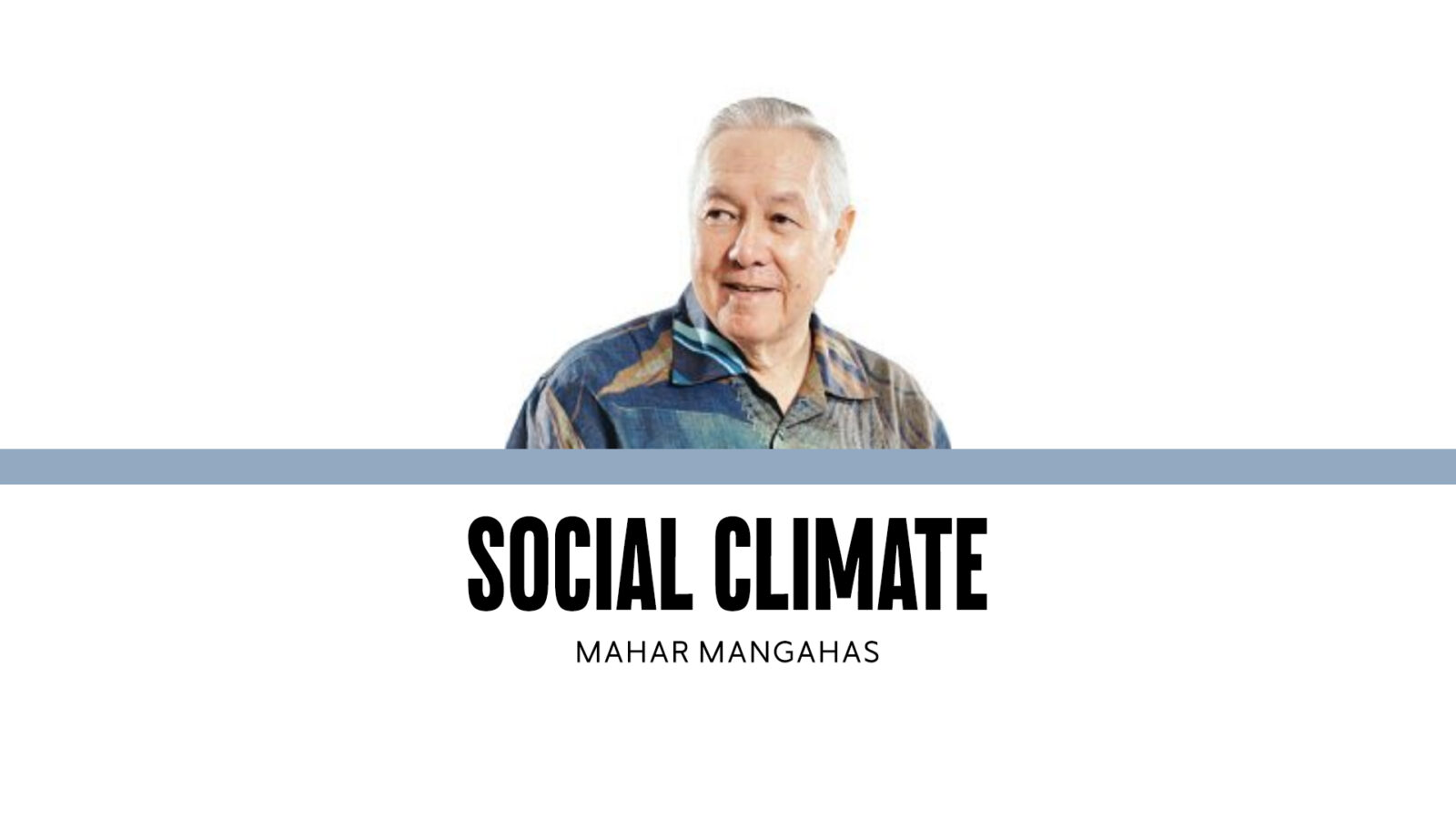
Yesterday, Aug. 8, was the 40th anniversary of the legal registration in 1985 of Social Weather Stations (SWS) as a private, nonstock, nonpartisan scientific organization. At its birth, the SWS cofounders—myself and two other economists, a political scientist, a social psychologist, a market researcher, and a poet—were only thinking of the next two years.
We had arranged a grant by the Ford Foundation (FF) to follow up on the martial-law-time 1984 and 1985 nationwide socio-political polls of the Bishops-Businessmen’s Conference for Human Development (BBC) with four new survey rounds, leading up to the presidential election of 1987. Those two BBC surveys, which were publicly disseminated, had found two-thirds public disapproval of Ferdinand Marcos Sr.’s power to legislate by decree and to detain his enemies by fiat alone. The BBC surveys had been funded partially by patriotic businessmen and partially by a grant from The Asia Foundation (TAF), which is private, like FF. The BBC itself, inspired by the late Horacio de la Costa, S.J., includes not only clergy and businessmen but also academics like myself.
The new FF grant envisioned a partnership of SWS (manned by BBC-survey veterans) and Ateneo de Manila University to do two polls per year in the next two years, hoping thereby to help in restoring democracy. At that time, SWS had no track record yet—it is named after a research project at the Development Academy of the Philippines, which proved lacking in academic freedom to publish its findings—and needed independent legal status for the sake of the grant. BBC old-timers call SWS one of their spin-offs, and rightly so.
In late 1985, Marcos decided to call a “snap” election for February 1986, even claiming that the BBC surveys assured his victory. The snap election, the Edsa People Power Revolution, and the restoration of democracy happened quickly, even before the FF-funded SWS-Ateneo surveys could get started—they were done later in 1986 and in 1987, under the Cory Aquino administration already, and showed the Filipino people as very pleased, indeed quite proud, of themselves.
Self-rated poverty peaked in the 70s in 1985, then fell to the 40s in 1987. In the 1987 senatorial campaign, the early SWS-Ateneo scoring of the race as tied at 12-12 surely pushed the administration to work very hard to reach the final outcome of 22-2.
There were several military coup attempts, most seriously in 1987 and 1989; the people disliked them and rallied toward the Cory Aquino administration. In times of crisis, it was not hard to obtain opinion poll financing from big businesses like San Miguel, Ayala Corporation, and Pilipinas Shell.
Our confidential surveys for the Peace Commission found favorable attitudes toward extending the stay of the US military bases, but also no perceived external threat to the country. There was public surprise that the Senate rejected the military bases’ extension in 1991, but also no antagonism toward the Senate, i.e., the people had changed their minds.
Thus, we in SWS didn’t think of opinion polling as long-term. But, after 1987, there continued to be demand for such research, and supply of the wherewithal to make it happen. We have worked with governments, businesses, the media, national and international organizations, academia, and, of course, political parties and politicians. In 1998 and 2001, we fought and won battles for survey freedom in the Supreme Court. Since 1992, we have been doing surveys on our own agenda quarterly, for public sharing, without external support.
SWS is a social being. It was born, and operates, with the cooperation of many people and institutions. It enjoys public trust at all levels. Our archives have hundreds of data sets, from tens of thousands of questions, asked of over a million and a half respondents, and answered by them voluntarily out of sheer civic-mindedness. We know our own trust rating.
Within SWS itself, many of us are from the University of the Philippines. But we also have fellows and staff from other prominent institutions. It’s normal to aspire for the highest standards.
SWS, as an institution, is an associate member of the Philippine Social Science Council. We have represented the Philippines in the International Social Survey Program (issp.org) since 1990; every ISSP member finances its own surveys and its international participation. We do the Asian Barometer Surveys (ABS), Comparative Study of Electoral Systems (CSES) surveys, and World Values Surveys (WVS) for the Philippines.
As individual professionals, SWS people have been prominent in the Marketing and Opinion Research Society of the Philippines (MORES), the World Association for Public Opinion Research (WAPOR), and the International Society for Quality of Life Studies (ISQOLS), aside from the professional societies of their own disciplines. We have received awards, without asking.
Will SWS last to age 50? Surely, we’re readier now than 40 years ago.
Dr Mahar Mangahas is a multi-awarded scholar for his pioneering work in public opinion research in the Philippines and in South East Asia. He founded the now familiar entity, “Social Weather Stations” (SWS) which has been doing public opinion research since 1985 and which has become increasingly influential, nay indispensable, in the conduct of Philippine political life and policy. SWS has been serving the country and policymakers as an independent and timely source of pertinent and credible data on Philippine economic, social and political landscape.




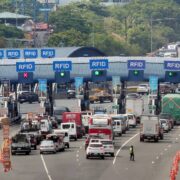
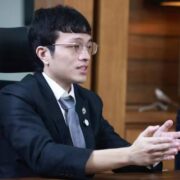



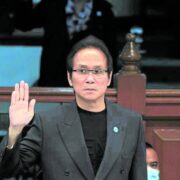



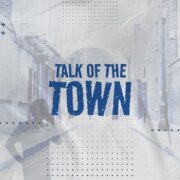
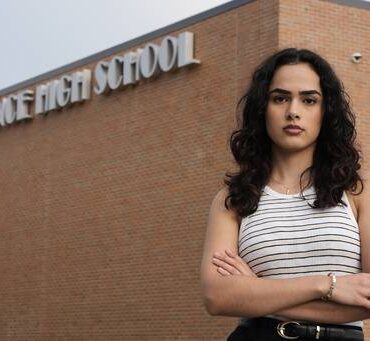






The unseen costs of a shifting school calendar